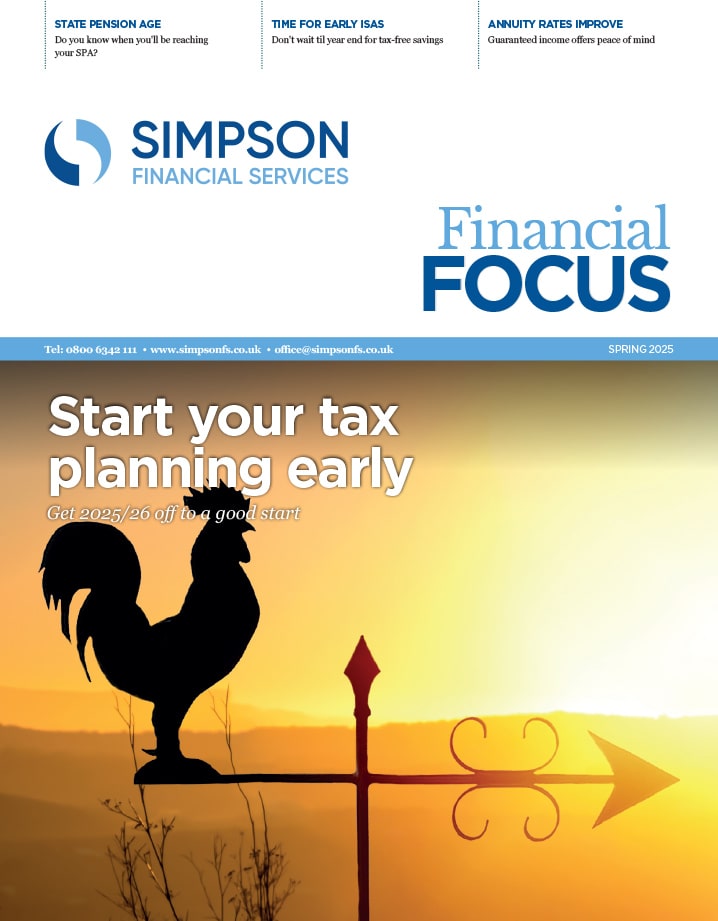
How are current interest rates affecting mortgages?
It’s tricky to navigate the world of mortgages and ever-changing interest rates. But fear not – we're here to demystify – we sat down with Independent Mortgage Adviser, Chris Le Marquand, to get his take on the current market.
How has the steadying of interest rates impacted the overall mortgage market?
"The last three decisions made by The Bank of England (BoE) Monetary Policy Committee have been to maintain the rate at 5.25%. This period of stability has led to a growing confidence that there won’t be any more rises in the foreseeable future. As a result of this confidence, the lenders have begun to reduce their fixed rate mortgage rates which has seemingly encouraged more optimism and activity in the market."
With interest rates currently lower than they have been, what potential advantages or opportunities do homebuyers have in terms of securing more beneficial mortgage terms?
"With fixed rates now cheaper, this means that new prospective buyers view the prospect of a mortgage as more affordable, and existing borrowers who are coming to the end of their current deals are now able to secure new rates that are not as excessively high as they have been in previous months."
Are there any potential risks associated with the current lower interest rates that I should be aware of when considering a mortgage?
"The general consensus seems to be that the BoE may well bring down the base rate over the coming years. You should be aware that fixing a rate now may mean that you do not benefit from the forecasted interest rate drops in the future months. You should however bear in mind that you are often opting for fixed rates because of the security that comes from knowing what the monthly payment will be throughout the fixed rate term. It is also very unlikely that the base rate will drop dramatically and certainly will not drop in the same way/speed as it was increased. So, although a fixed rate mortgage taken now may well be slightly more expensive than a fixed rate on offer after the base rate has reduced, the difference between the two rates won’t be that dramatic.
An alternative to a fixed rate is a tracker mortgage which is a rate set slightly higher than the base rate for a pre-defined length of time. Should the base rate rise or fall during that period, then the amount paid to the lender would rise or fall as well. The downside to tracker mortgages is that whilst you may benefit from rate decreases, you can also be subject to higher monthly payments should the base rate increase again."
How can I protect myself from any potential future rate fluctuations?
"Fixed rate mortgages are the best way to protect from interest rate fluctuations. Whether it’s a two-year, five-year, or even longer fixed rate, it means that you know exactly what your payment will be throughout the period of their mortgage."
If you’re not sure where to begin, get in touch with Chris for a free initial meeting. He’s a fully qualified Independent Mortgage Adviser, which means he compares products across the whole of the market without bias, including exclusive deals that can’t be found on the high street.
